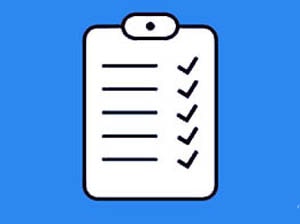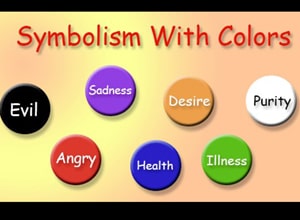The Man and His Two Wives – A Modern Aesop Fable
The Man and His Two Wives from Aesop with a video or podcast, questions for discussion, vocabulary practice in real context, and moral of the short story for ESL students Video of the Man and His Two Wives Watch this video on YouTube The Man and His Two Wives There once lived a man in …









